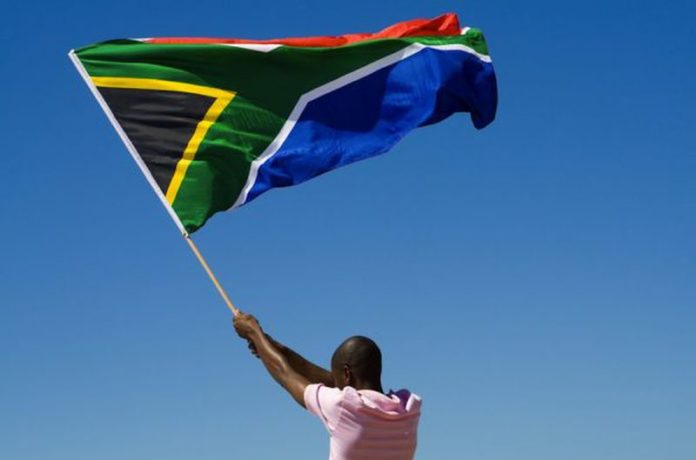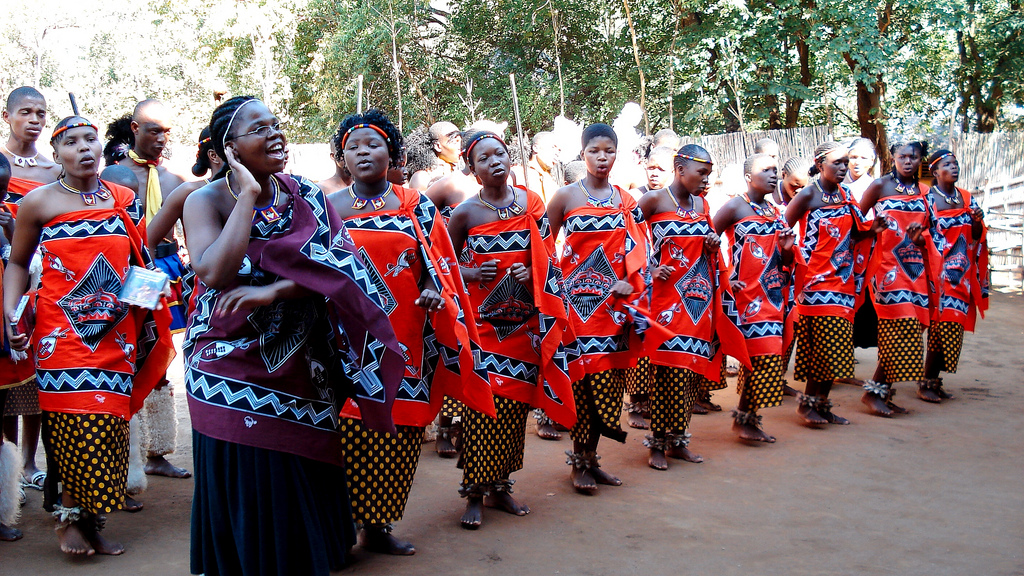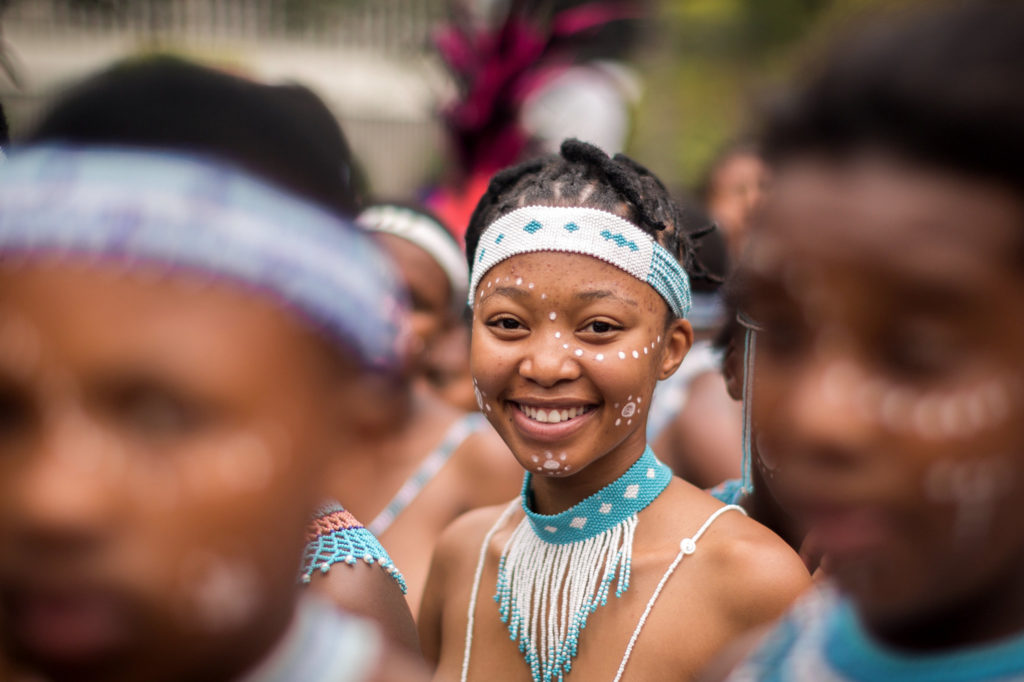How are you is one popular way many Africans greet each other irrespective of tribe, language, and culture. In South Africa, there are many languages spoken within the country and none of these languages is the first official language, rather English occupies that position as the language of the Parliament. Here, you will learn how to say “how are you” in 10 out of the over 35 native languages regarded as the most popular and most spoken. Hence, these 10 languages are considered the official South African languages with English at the upper echelon.
The 10 Main Languages in South Africa
- Ndebele
- Pedi
- Sotho
- Swati
- Tsonga
- Tswana
- Venda
- Xhosa
- Zulu
- Afrikaans
The locals are usually glad when they find a stranger speaking or attempting to speak their native language. Therefore, if you are aspiring or planning to visit South Africa, this article will help you learn how to say “how are you?” in the 10 afore listed South African languages.
How Are You Has a Singular and Plural Form in Ndebele
In Ndebele, which is spoken by the Nguni people, a subpart of Bantu people of South Africa, “how are you?” can be said in both singular and plural formats.
In the singular format, it is u(n)Jani? In the plural form, it is li(n)Jani? The plural form can also be used for an elderly person.
Below are the responses for the two formats
- Diyaphila (singular)
- Siyaphilia (plural)
- Dikhona (singular)
- Sikhona (plural)
- Nkhona (singular)
How to Say How Are You? in Swati or SiSwati – unjani
Swati is said to be one of the least difficult languages in the South African native languages. It is spoken among the Bantu people of South Africa. How are you is translated as “unjani?” in the language. It is transcribed phonemically as (oon-jar-nee). Its response is ngikhona is phonemically represented as (nee-cone-na).
How to Say ‘How Are You’ in Sotho – o phela jway
Sotho is a language of the Lesotho people, a country somewhat engulfed into South Africa by mountains and rocks. Here, how are you is written as o phela jway? which translates to how are you? The response is ke phela hantle, which translates to I am fine.
How to Say ‘How Are You’ in Afrikaan – hoe gaan dit met jou
Afrikaan is a Western Germanic language that was derived from Dutch, the language of the Germans. The language is said to be originally spoken by the 17th-century colonizers in Cape. Today, it is not only spoken among the white South Africans, but it has also become recognized as part of the South African language as it has a larger audience that understands it.
For a language of German origin, it has its written form of how are you as hoe gaan dit met jou, which is not totally different from what the original language writes the general phrase as. The response to it is Ele is goed (I am fine)
How to Say ‘How Are You’ in Pedi (written fully as Sepedi) – okae or lekae
The Pedi language is spoken by the Bantu-speaking people of South Africa living in Limpopo. In Pedi, ‘how are you is written/said in two forms: singular and plural forms. In the singular it is okae? In the plural, it is lekae? The question itself is quite simple and so is the response. The response is kegona (I am fine) or jenna kegonna, me a leboga (I am fine, thank you).
How to Say ‘How Are You’ in Tswana – okae?
Tswana is the language spoken in Botswana. However, some part of the South African population speaks it. The language, just Pedi language, has a simple representation of ‘how are you?’ which is written as okae? The response is ke teng (I am well).
How to Say ‘How Are You’ in Tsonga (written fully as XTsonga) – ku jithani or nazi kona
Tsonga falls under the Niger-congo languages. It is spoken in Mozambique, Swaziland, Zimbabwe, and South Africa. In South Africa, it is spoken by Bantu-speaking people. People who speak the language are referred to as Shangaans Tsonga. The general phrase is written as ku jithani? The response is also written as nazi kona.
How to Say How Are You in Venda (also known Tshi Venda)
Venda is a Bantu language spoken in some parts of South Africa and Zimbabwe. The language has different ways of writing/saying how are you? which is a little bit of a mouthful. The common and formal way is to say vho vuwa hani? (how are you). The response to it is nne ndo takala vhukuma, meaning I am fine, thank you.
The second way of saying it is referred to by some records as the easier way out. It is written as hui ta hani? which means how are you? However, it also has another translation which is funny. When said it translates to who ate the honey?
The other way of saying how are you in Venda is Rini. It is however considered as the informal way of saying it. The pronunciation is a little bit harder than the letters look. To pronounce it, you have to pronounce the /r/ sound in the form of a rolling ‘r’. Also, inasmuch as it is considered as an informal way of exchanging pleasantries, it is advised not to be used when greeting an old woman as it is a sign of disrespect.
The response to these forms of greeting is ndo visa Vo nay? which translates to ‘good. How are you?’
How to Say ‘How Are You’ in Xhosa – unjani?
Xhosa is a language spoken by over 8.2 million people as their first language and another 11 million people around the Eastern Cape, Western Cape, Gauteng, and Northern Cape as their second language. How are you? is written as unjani? in Xhosa. However, according to Glosbe, it is an informal way of greeting.
On the other hand, Lingalot captures the greeting in a conversational style involving two persons.
The first person would ask unjani? The second person would respond ndiphilile enkosi. Unjani wena? Which means ‘I am fine, thanks. What about you?’
How to Say ‘How Are You’ in Zulu – unjani?
Zulu is said to be one of the most popular tribes in South Africa. It is both a tribe and a language. Some persons who haven’t been to South Africa can mention one or two things about the popular tribe due to the fact that social media and media houses make use of the tribe whenever talking about South Africa, especially in movies.
‘How are you?’ in Zulu is written as unjani? The response to it is ngiyaphila, ngiyabonga, meaning ‘I am fine, thank you.’


